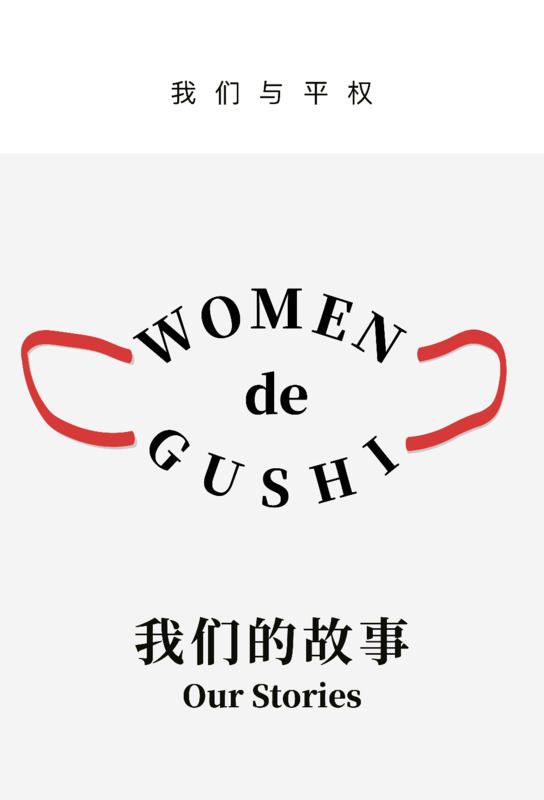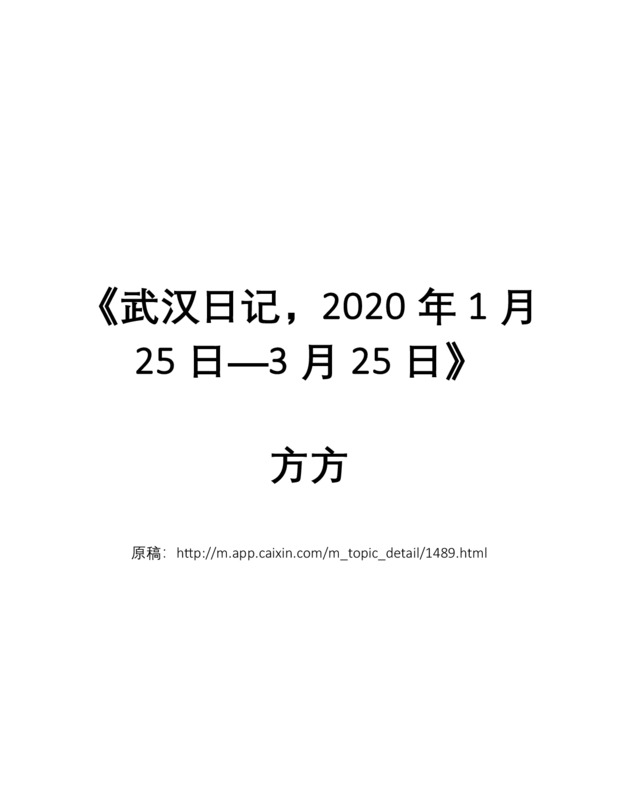Explore the collection
Showing 3 items in the collection
3 items
图书
Our Stories: Women in COVID-19 in China
This is the fourth issue of the “Our Stories” series published by WeChat public account “We and Equality,”, a compilation of 20 oral narratives from Chinese people who lived through the COVID-19 pandemic firsthand, and a personal reflection by the author of this issue, Qiao Yilin. The editors hope to “document the history of ordinary people, to combat the forgetting that should never have happened, and to present the real experiences, feelings, and voices of all of us–to help us remember what has happened to us.”
The interviewees in this volume are diverse, including those of different ages, educational background, ethnicities, physical and mental status, sexual orientations,marital status, and mobility. They shared their own memories of the pandemic, including facing threats to their survival due to food shortage, not being able to take anti-depression medication due to the lockdown, international students having a hard time returning to China, people with hearing impairments facing various inconveniences, and the discrimination faced by those who had recovered from COVID-19Although primarily focusing on experiences and feelings during the pandemic, many interviewees shared additional personal stories that provided useful background information for readers to understand their situation during the pandemic.
In addition to these personal narratives, “We and Equality” also published a 44-question “Women's Mental Health Questionnaire” on WeChat, asking about respondents’ experience during the pandemic, including their sense of belonging, care/housework commitments, sleep quality, emotional and mental status, feeling about quarantine, lockdown, illness or death of loved ones, and attitudes towards the government’s COVID-19 policies. The questionnaire received a total of 453 valid responses. Based on the responses, “We and Equality” has compiled a bilingual data analysis report.
”We and Equality" is a grass root project started in November 2016. Through the WeChat public account, they publish articles weekly to raise awareness and share knowledge on gender-related issues in China. They also organize in-person activities bi-weekly where people gather for in-depth discussion, and foster a community to promote gender equality.
Book
Earthquake Insane Asylum
On May 12, 2008, when the Great Sichuan Earthquake struck, writer Liao Yiwu began to write "Chronicle of the Great Earthquake", which was serialized in <i>Democratic China</i> and reprinted on several Chinese websites. It had a wide impact. Liao went to Dujiangyan, Juyuan Township, Yingxiu and other earthquake-hit areas to conduct on-the-spot interviews. His travels and writings during the earthquake were reported and translated by many mainstream media.
In April 2009, Taiwan's Asian Culture Publishing published and distributed the traditional Chinese edition of <i>Earthquake Insane Asylum</i>, a pictorial and textual factual record that preserves the living conditions of the people during of the Sichuan earthquake.
Book
Wuhan Diary: Dispatches from a Quarantined City
This book is a collection of diary entries written in the early months of the COVID-19 pandemic by Fang Fang, a Chinese writer and advocate of the working poor in China. In these diary entries, Fang Fang documents the various daily difficulties faced by her and other Wuhan residents from January to March 2020. In this book, she also ponders the implications of official policies with regard to the pandemic and the way in which the public and the government have responded to the outbreak of COVID-19. These entries tell us about the hopes and fears of the people of Wuhan during the early stage of COVID-19, and adds to our understanding of public opinion and government policies in China in the 2020s. The diaries were published in Chinese, and have also been translated by Michael Berry into English and published by Harper Collins Publishers.
You can purchase the English version of the book using <a href="https://www.harpercollins.com/products/wuhan-diary-fang-fangmichael-berry?variant=40153409749026">this link</a> .


